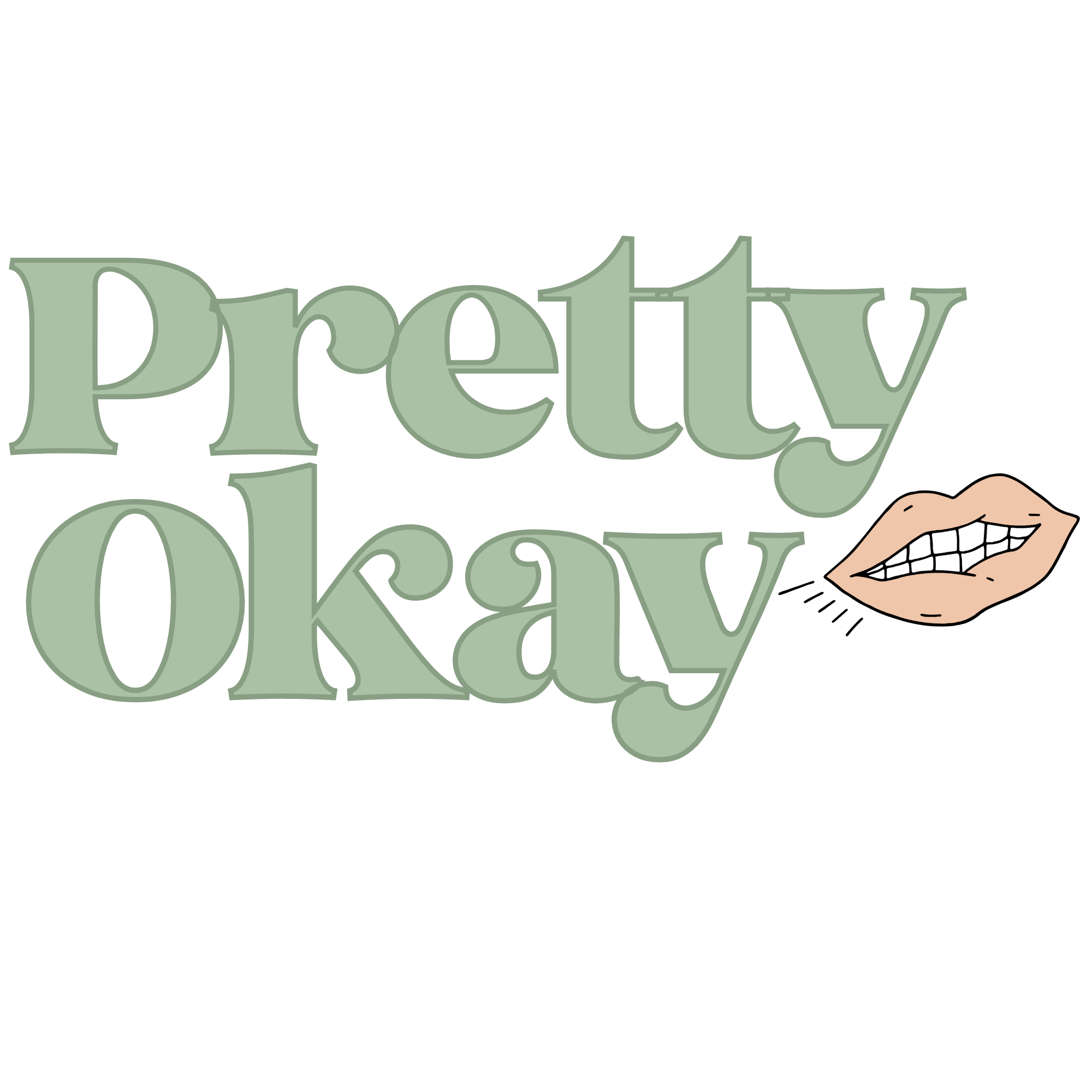How To Pitch Yourself To Brands Without Being Gross
In this week’s episode, we’re chatting about all the things not to do when reaching out to brands. Learn how to build your elevator pitch, and create a thoughtful plan for pitching your business or brand to potential partners. Whether it’s for product trade or payment, we’ll share how to present yourself in the best way possible.
When pitching yourself to brands, remember to focus on “Who. What. Why”
What is an elevator pitch?
In short, an elevator pitch is a conversation or an ice breaker, that will (hopefully) lead into a deeper dialogue about your specialty and what you as a brand can offer.
In corporate practice, you typically have just 60 seconds to leave an exciting, impactful, and meaningful impression with whomever you come in contact with. So make them count.
An elevator pitch was not necessarily invented to “sell” your brand, but to make people want to know more about you. But, the most important reason for having an elevator pitch is to bring clarity to your brand, not only for your potential partners but for yourself.
Here are a couple of basic do’s and don’ts for crafting a pitch that will engage from the start -
1. Make them care
The very first point you should make in your elevator pitch is to address a problem right out of the gate. Explain the benefits your brand can offer and clearly communicate the concept. Don’t be vague or ambiguous - get to the point…the pain point.
2. Keep it short + sweet
I once worked for a company where the CEO made us memorize an elevator pitch that was a page long. It was so long we had to make up a rap just to memorize it. And even then it was so chock full of jargon that when someone actually asked us about our company we had lost their interest by the second sentence. You should be able to effectively describe your business in 30-60 seconds, max. If you need more than that chances are you aren’t quite sure what it is you have to offer yet.
Here is an example that encompasses all of the “do’s” of a good elevator pitch
You know how most business people use social media for marketing but most use it pretty poorly? Well, bad social media marketing has all kinds of consequences – sales that don’t close, good ideas that get ignored, time wasted building content that could have been used developing or executing strategies. My company shows businesses how to use social media to capture those sales, bring attention to those great ideas and use those wasted hours on more important projects.
Elevator pitches are meant to be short, so don't try to pack in too much. Give just a couple of details but nothing that can be internalized as confidential. Explain your expertise, why you are best suited for the partnership, and what they will get out of working with you.
Etiquette
“Influencer” is not a job title, it’s not a brand definition, it’s a basic term. Define your worth beyond your follower count.
DMs are fine for product trade, but when reaching out for paid partnerships, always start an email thread. It not only looks more professional, but if it does evolve into a business transaction you have a written record of all the communication.
Provide as much detail and info about deliverables as possible upfront. Don’t be vague. Get to the point.
Think of pitching yourself like a job interview. So many other people are doing the same thing, so you want to get noticed for being professional, organized, and unique.
Show them you are invested in their brand.
Homework
Think of your pain points and where you’d want help or go through the pain point exercise with a client you want to pitch.

